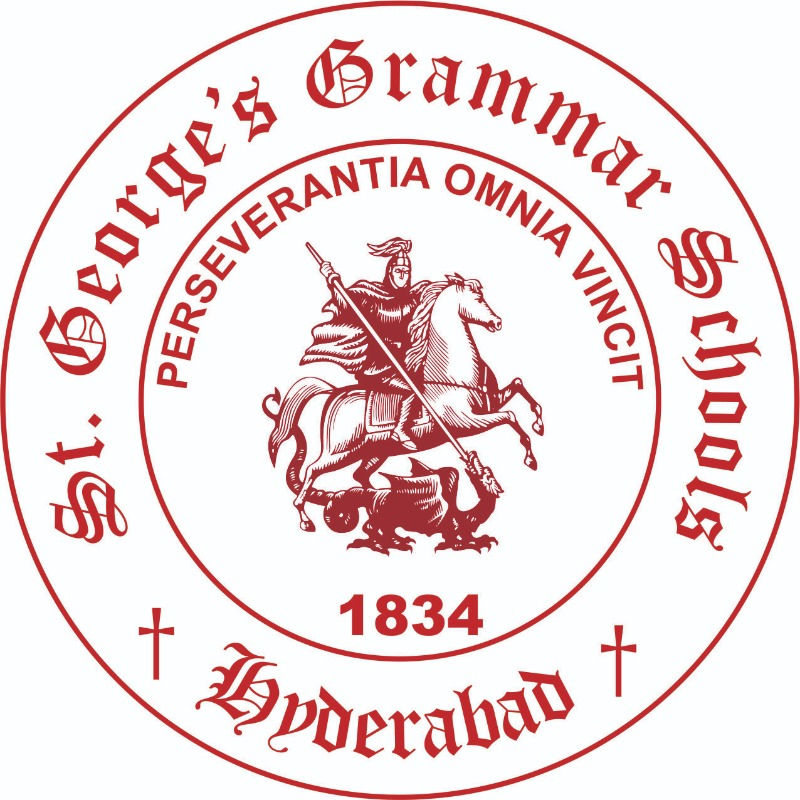My Nana: Hakim Imtiazuddin
- Chaiontheveranda

- Jun 22, 2023
- 3 min read
Updated: Jan 31, 2024
My Nana, (maternal grandfather) was a Hakim, a doctor of Unani Medicine, and my Dada (paternal grandfather) a lawyer. I never saw any of my grandparents as they passed away before I was born. Both my maternal and paternal sides of the family originated from Bans Bareilly a city in the northern Indian state of Uttar Pradesh, India. Bans Bareilly was established in 1537 and was the earliest settlement of what is now Bareilly City.
Throughout my childhood, I had listened to family conversations where my Nana, Hakim Imtiazuddin, was mentioned with deference and admiration to the point where I felt I knew him personally and understood his character.
When I read an article about Hakim Imtiazuddin in the Urdu magazine, ‘Qaumi Zabaan Karachi’, Baba e Urdu, Number 67, I wanted to write about him myself. My Nana’s contributions to Hyderabad’s Unani Medicine or Unani Tibb scene are exceptional. He was awarded the title of ‘Afsar Al Tibba’ which was the highest title given to anyone in the department of Unani Medicine at the time.
The origins of Unani Medicine are found in the doctrines of ancient Greek physicians. As a field, it was developed and refined by the Arabs, most notably by the Muslim physician Avicenna. Unani Medicine was introduced in India by the Arabs and Persians.
My Nana was a contemporary of the famous Hakim Ajmal Khan of Delhi (1920s). It is well known that whenever a patient came to Hakim Ajmal from Hyderabad for treatment he would admonish him in his typical style saying “Is Hakim Imtiazuddin dead that you come to Delhi to see me?” My Nana's practice brought him a lot of money but he cared least about that side of his profession. All his finances were handled by his Munshi (Secretary). He doted on his children and gave generously to anyone in need.

Letter written in 1927 by Maulvi Abdul Haq (Baba e Urdu) on my Nana's passing
His contemporaries, friends, and members of his social circle held him in awe. Among his friends, he was known simply as “Hakim”. When my Nana passed away in 1927, Maulvi Abdul Haq Sahab (Baba e Urdu) wrote a letter to Maulvi Syed Hashmi Fareedabadi. Here, I will attempt to translate parts of his letter written originally in Urdu. “Our peerless friend Hakim has died. Sorrow, perpetual sorrow. Hakim was perfection in his profession. His wisdom and expertise made him achieve what well-versed doctors couldn’t. He was a comforter to the needy, and empathetic to his friends. Woe, Hyderabad is now bereft of a personality such as his, whose ‘nazeer’(example) we will not find again. People will remember him a lot, and gatherings of friends will seem desolate without him. He was an ‘Anjuman’ (an institution) on his own, but above all the poor will mourn his loss.”

Continuation of Maulvi Abdul Haq's letter
Hakim Imtiazuddin shunned the company of the superficial as much as his position allowed him and was most happy in the company of intellectuals and close friends. His love of poetry was pure and of the highest quality, unmatched by many. It is said he had a deep understanding of Ghalib’s poetry, but he did not have the time or inclination to elucidate it in writing though often called upon by his friends to do so.

Continuation of Maulvi Abdul Haq's letter
Maulvi Abdul Haq Sahab, an Urdu scholar, writer, and linguist who devoted his life to improving the status of Urdu was a close friend of Nana. Among Maulvi Sahab’s works is the authoritative English-Urdu Dictionary which he compiled and edited. Maulvi Abdul Haq Sahab's letter about Nana is published in his book ‘Chand Hum Asar’. Because of their close friendship, my uncles were regularly invited to spend their summers at Maulvi Sahab’s house in Delhi.

The only picture I have of my mother with my Nana
My Nani, Bibi Saeeda, was the daughter of Nizamuddin Ahmed Sahab and Bibi Zubeida, and granddaughter of Maulana Maulvi Nazeer Hasab Sahib ala al Reham. Unfortunately, I don't have any pictures of my Nani.




Comments